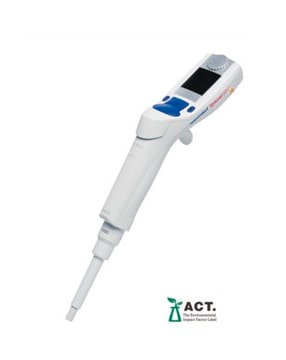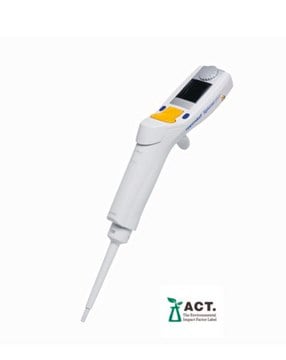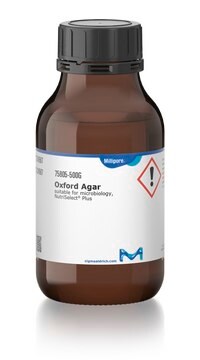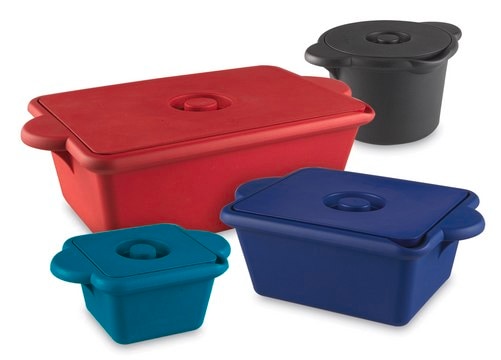07-1538
Anti-JMJD4 (NT) Antibody
from rabbit
Synonym(s):
JMJD, Jumonji domain-containing protein 4, jumonji domain containing 4
About This Item
Recommended Products
biological source
rabbit
Quality Level
antibody form
purified antibody
antibody product type
primary antibodies
clone
polyclonal
species reactivity
human, mouse
technique(s)
ELISA: suitable
immunocytochemistry: suitable
western blot: suitable
NCBI accession no.
UniProt accession no.
shipped in
wet ice
target post-translational modification
unmodified
Gene Information
human ... JMJD4(65094)
General description
JMJD4 is a transcription factor that is a putative histone demethylase. It is highly expressed in lymphoid (spleen) and hemopoietic (bone marrow) tissues
Specificity
Immunogen
Application
This antibody was reported by an outside laboratory to be suitable for ELISA.
Immunocytochemistry:
HeLa and NIH/3T3 cells incubated with anti-JMJD4 (N-terminus) stained positively on nuclei.
Epigenetics & Nuclear Function
Histone Modifying Proteins
Chromatin Biology
Quality
1:250 dilution of this antibody detected JMJD4 on 10 µg of A431 lysate
Target description
Physical form
Storage and Stability
Analysis Note
A431 lysate
Other Notes
Disclaimer
Not finding the right product?
Try our Product Selector Tool.
Storage Class
10 - Combustible liquids
wgk_germany
WGK 2
flash_point_f
Not applicable
flash_point_c
Not applicable
Certificates of Analysis (COA)
Search for Certificates of Analysis (COA) by entering the products Lot/Batch Number. Lot and Batch Numbers can be found on a product’s label following the words ‘Lot’ or ‘Batch’.
Already Own This Product?
Find documentation for the products that you have recently purchased in the Document Library.
Our team of scientists has experience in all areas of research including Life Science, Material Science, Chemical Synthesis, Chromatography, Analytical and many others.
Contact Technical Service








